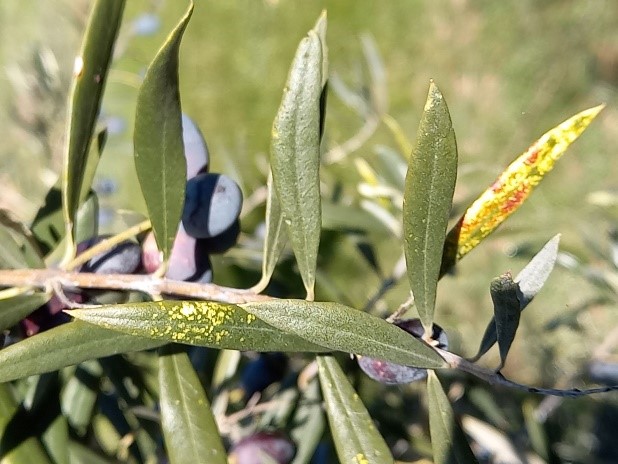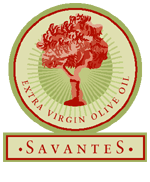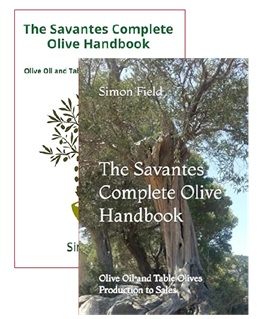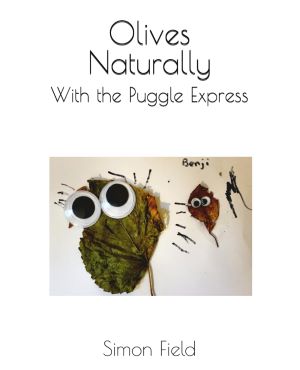The Savantes Complete Olive Handbook: Olive Oil and Table Olives—Production to Sales is a comprehensive guide covering every aspect of olive cultivation, oil production, and table olive processing, making it an invaluable resource for both industry professionals and olive enthusiasts. The book begins with the fundamentals of olive farming, addressing grove establishment, soil selection, irrigation, pruning, and pest control—essential elements for achieving a successful and sustainable harvest.
Extra Virgin Olive Olive Oil Savantes founder Simon Field has launched his latest book "Olives Naturally: With the Puggle Express".
Olives Naturally amusingly describes the lively activities of the animals, plants, and humans on an organic and wildlife friendly olive farm in north-west Victoria, Australia. As custodians of the land, the farmers observe the plants and creatures, their intimate interaction, the ebb and flow of the interrelationships, and the constant changes in rhythm with the four seasons.
Every year brings different seasonal combinations which test our resilience in managing the olive grove without resorting to the quick fix of artificial inputs. Most of the time we get through with a reasonable yield and a manageable workload. This season spanning 2023 and 2024 has proved by far the most challenging.
The start of the season back in November was auspicious with good rains accommodating bounteous flowering and promising olive fruit set. The trees which produced a lot of fruit last year started to grow in all directions and the trees which had an off year set a lot of fruit. We are happy to have the heavily laden trees as long as the irrigation and summer rain replenished the soil water reserves. The trouble with the rapid growth of many trees is they become too big for us to handle without machinery and they steal the water from the smaller trees with the fruit as the root growth matches the above ground foliage growth.

Savantes is continuing to evolve reflecting the changes perceived in consumer preferences. The new Savantes goes beyond tasting to the profiling of olive oils which includes taste, physical and chemical attributes, and the interaction with human emotion. Extra virgin olive oil is not presented as a stand-alone product, it is part of a complex culinary and emotional experience which varies with the people using it, enhancing the well-being and happiness of families.
The new mantra is about family, flavour and fun, relegating technical tasting to an important tool in the descriptive process of profiling, not the dominant role which it now plays across the entire industry.
Future Savantes programmes will explore the flavours of olive oils with descriptions using the ingredients of a multitude of cuisines beyond the Mediterranean diet which is central to current promotion. Comparisons will be made with competing vegetable and seed oils used in cooking in many countries where olive oil has barely penetrated the market. Ways of fashioning products and promotions which incrementally move cooks to using more olive oil in their daily meals will be explored.



